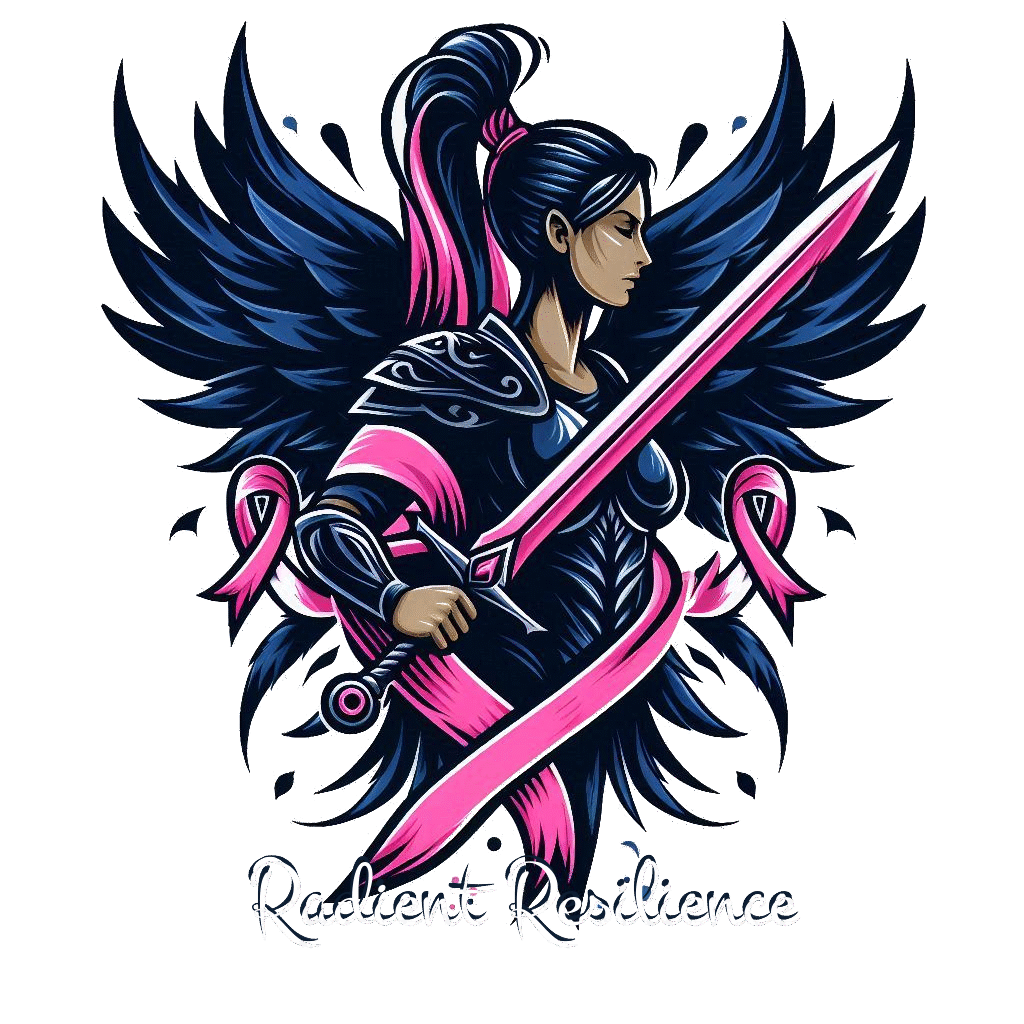Independence plays a critical role in shaping the mental health and overall well-being of seniors. It’s not just about the ability to perform daily tasks—it’s about dignity, purpose, and self-worth.
When seniors are able to maintain their independence, they often experience a greater sense of control over their lives. This autonomy fosters confidence and reduces feelings of helplessness, which can otherwise lead to anxiety or depression. The ability to make decisions for themselves, whether it’s about their living environment, schedule, or activities, strengthens their sense of identity and agency.
Independence also encourages seniors to stay active, both physically and mentally. Participating in hobbies, exercising, or even managing household responsibilities can provide structure and meaning to their days, combatting feelings of isolation or purposelessness. These activities stimulate the mind and body, which are essential for long-term health.
Social independence is equally important. When seniors can engage with friends, family, or community groups without depending heavily on others, they’re more likely to maintain strong social connections. These interactions are vital for emotional support and combating loneliness, a significant risk factor for mental health struggles in older adults.
On the flip side, losing independence—even in small ways—can have a profound impact. Seniors may start to feel like a burden to their loved ones, which can erode their self-esteem and lead to feelings of guilt or worthlessness. This loss of autonomy often coincides with increased isolation, creating a cycle that negatively affects mental health.
In essence, independence provides seniors with a sense of purpose and belonging. It empowers them to navigate life with confidence, fostering resilience against the emotional challenges of aging. For many, regaining even a small measure of independence—whether through adaptive devices, modifications to their environment, or supportive programs—can be life-changing. It’s a reminder that they are still capable, valued, and in control of their journey.
To All My Senior Citizens
“Every day is a new chapter—your story is still being written. Embrace your wisdom, chase your passions, and cherish every moment. Age is not a limit, but a testament to a life well-lived. Keep shining!”



